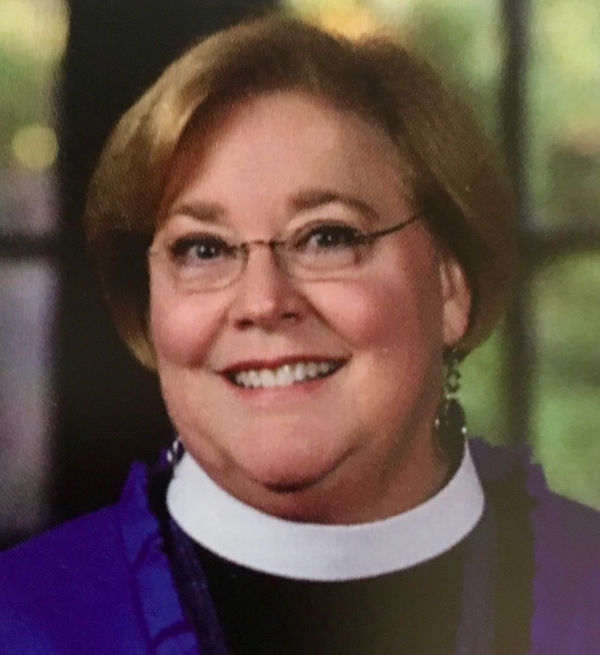Deacon Reflection: Energizing Change from Within

By The Rev. Louise Anderson
Then the righteous will answer him, Lord, when was it that we saw you hungry and gave you food, or thirsty and gave you something to drink? And when was it that we saw you a stranger and welcomed you, or naked and gave you clothing? And when was it that we saw you sick or in prison and visited you? And the King will answer them, ‘Truly I tell you, just as you did it to one of the least of these who are members of my family, you did it to me’.
Matthew 25: 37-40
This passage is how we live in our baptism covenant and how we respond to human suffering in the world. As a deacon, I am charged with calling the Church to respond compassionately to the suffering of our neighbors, near and far. I am the regional coordinator of Episcopal Relief and Development for the Diocese of North Carolina and the above passage is the foundation of Episcopal Relief and Development’s beliefs. Episcopal Relief and Development is the compassionate arm of The Episcopal Church, providing relief in times of disaster and promoting sustainable development by identifying and addressing the root causes of suffering. Episcopal Relief and Development partners with churches and dioceses in the Anglican Communion, with ecumenical bodies and with others who share a common vision for justice and peace among all people.
Episcopal Relief and Development reaches more than 3 million people annually working in about 40 countries to relieve poverty, hunger and disease as well as providing disaster relief both in the United States and abroad. As followers of Christ, we are all called to respond to those in need. Episcopal Relief and Development uses a program called Asset-Based Community Development. It is an approach that catalyzes change and development based on utilizing the existing gifts and capacities of people and their communities. This model discourages development brought in from an outside source, but rather energizes change and development from within. For truly sustainable development, it’s important to focus on a community’s strengths versus solely its needs. The important factor is finding the area where local assets meet local needs.
Our programmatic philosophy is one that recognizes that genuine, sustainable change happens only when it comes from within an individual and within a community. This recognition motivates us to strategize in a way that promotes healing, empowerment and a thriving community. By transforming communities through education and support we ensure that the ones we are helping can sustain success even after we are gone.
The Rev. Louise Anderson is a deacon in the Diocese of North Carolina as well as the diocesan liaison with Episcopal Relief and Development.
Tags: Deacon Reflections / Discernment
